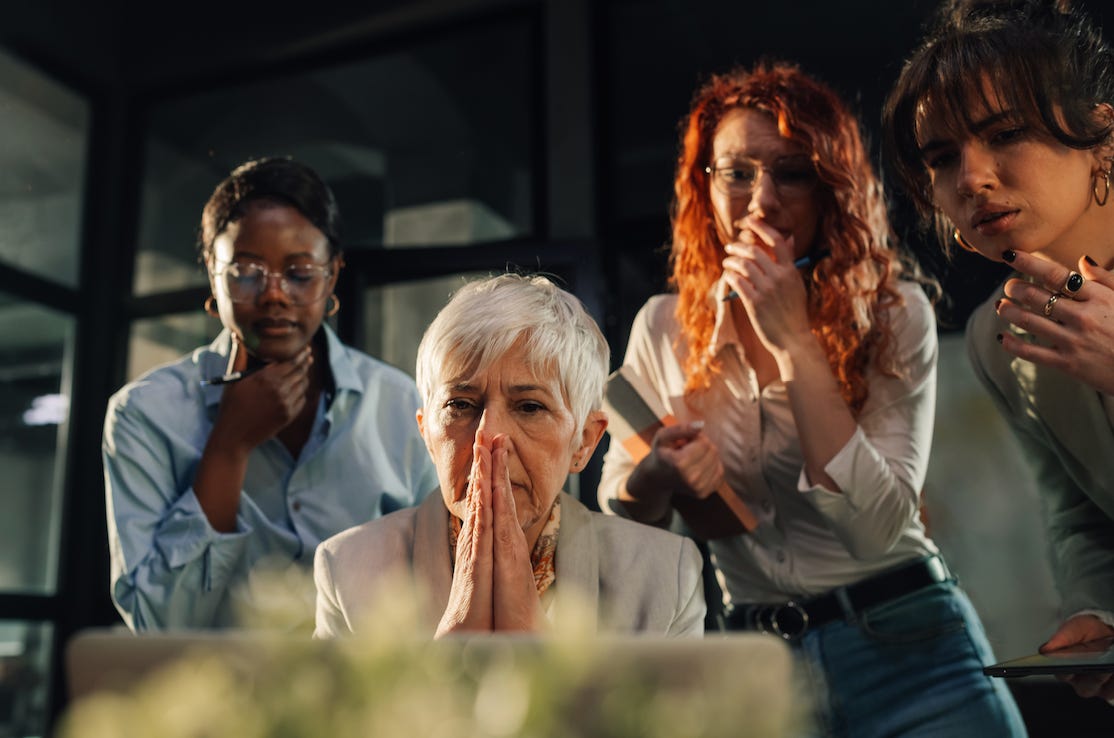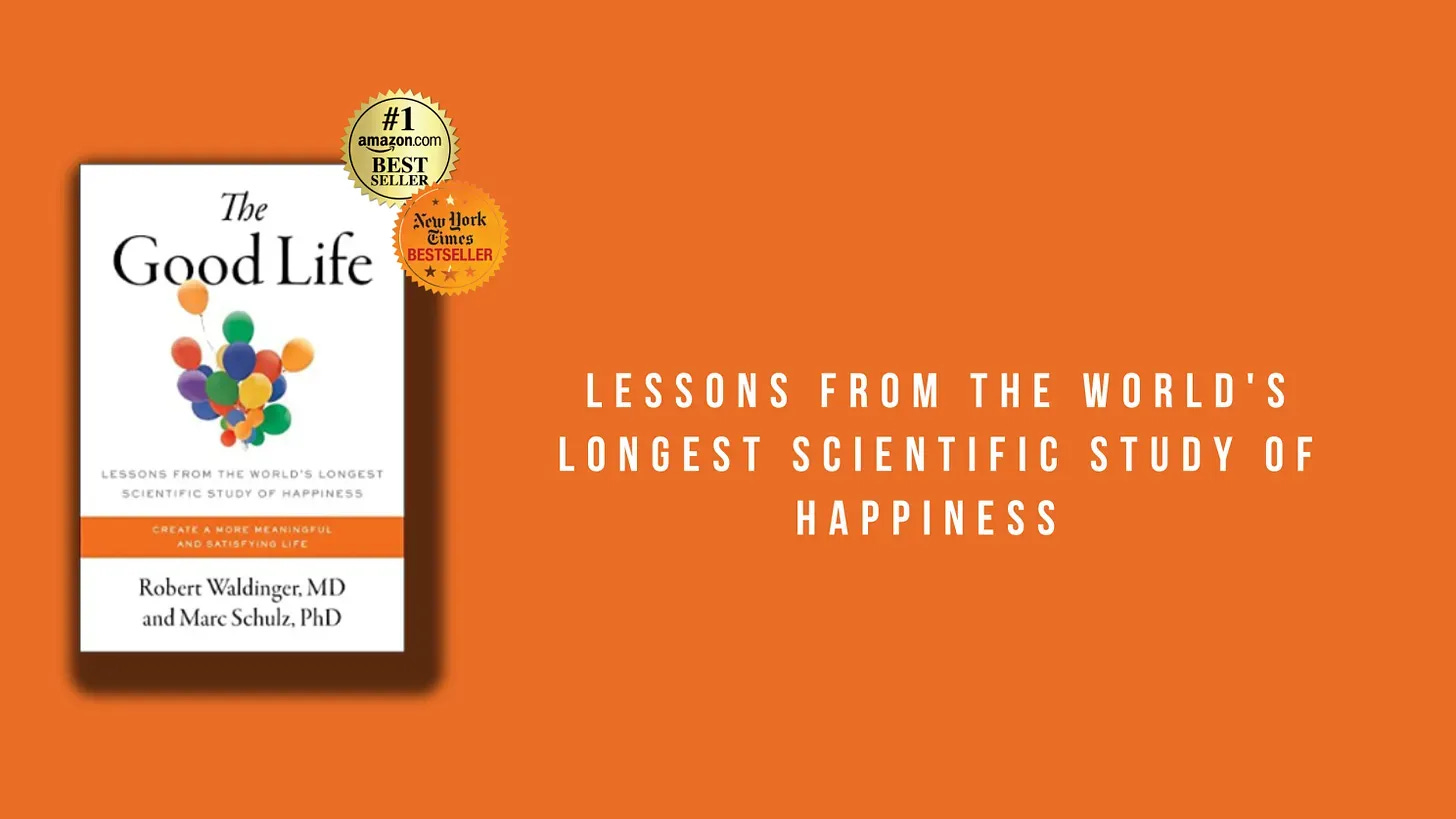How Do We Live with Unbearable Uncertainty
Each day, as you find yourself drifting into worry, remind yourself of the magnificence all around us.
We are jumping out of our skins with anxiety. Never before have I talked with so many friends, colleagues, and patients who say they don’t know how to bear the tension that they feel as we anticipate a big election, witness the toll of climate change on one community after another, and listen to stories of war and starvation around the world.
We often hear that spiritual practice helps us get through difficult times. But what could spiritual practice possibly have to offer us when it looks like the world is collapsing? There’s the stereotype of the meditator who just sits on a cushion peacefully, oblivious to what's happening. But that kind of passive acceptance is not what most of us aspire to, and no spiritual tradition teaches us to be oblivious to what’s going on around us. Why turn to spiritual practice at all?
Years ago, I studied a Zen koan that’s been coming to mind a lot these days. Koans are fragments of text or stories that are meant to shake us out of our habitual ways of seeing ourselves and the world. This koan seemed especially relevant right now:
A monk asks Master Zhaozhou, “When times of great difficulty visit us, how should we greet them?”
The Master answers simply, “Welcome.”
I looked up the history of when this encounter between Master Zhaozhou and his student occurred. It was in the early part of the 9th century in China. I wondered, what was the world like back then?
In the 8th century, China was flourishing in the arts, sciences, and philosophy. It was a golden age. But everything changed rather suddenly. The An Lushan Rebellion ushered in a decade of civil war and famine and disease so terrible that two out of three people in China died during that decade. It was a time of horror and utter collapse. The meeting between Master Zhaozhou and his student occurred not long after that.
What did “Welcome” mean in the face of horrors that were going on? It meant the same thing that it means today: there’s nothing to do but to welcome the unfolding of events that are occurring. And it is about understanding that—at the deepest level—all things change, all things are impermanent, and that our choice is to either pretend the world isn’t changing, or to look change squarely in the face and be with it all.
We can’t know what’s to come – even when we’re sure that the worst has happened, life rarely turns out exactly as we predict. I’m reminded of a story from the Taoist tradition that I often turn to when I’m paralyzed with anxiety about what’s happening.
A farmer and his son had a beloved horse that helped the family make a living. One day, the horse ran away and his neighbors came to commiserate. They said, “Your horse ran away. What terrible luck!” The farmer replied, “Maybe, maybe not. We'll see.”
A few days later, the horse came home, bringing a few wild mares to the farm as well. The neighbors celebrated. “Your horse is back,” they said, “and he's brought several horses home. What great luck.” And the farmer replied, “Maybe, maybe not. We'll see.”
Later, the farmer's son was trying to tame one of the mares, and she knocked him to the ground, breaking his leg. And of course, the villagers commiserated. “How unlucky,” they said. And the farmer replied, “Maybe, maybe not. We'll see.”
A few weeks later, soldiers from the emperor's army marched through the village recruiting all the able-bodied young men for the army. They didn't take the peasant's son, who was still recovering from his broken leg. The neighbors rejoiced. “What tremendous luck.”
And, of course, the farmer replied, “Maybe, maybe not. We'll see.”
Perhaps you've had that experience in your life, where you were sure about what's to come. You were sure that something was going to be terrible, or wonderful. And then it turned out to be something else.
One of my most vivid experiences of certainty was when I was fired from my first job as a psychiatrist. I’d been in training at a hospital, and I’d graduated to being a junior staff member. At one point the head of the hospital said to me, “You know, there really isn't going to be a future for you here.”
I was devastated. I was sure that this was the end of my career, that I shouldn't have become a psychiatrist, and that I had no future in this profession. It took a long time for me to pick my head up and think about applying for another position somewhere else.
Eventually, I got a job at a hospital where I met my first research mentor who showed me how exciting it could be to do the research that I've ended up doing for the last 25 years. Had I not been fired, that connection probably would’ve never happened, and the course of my life would have been very different.
I don't tell this story to say, “No problem, everything's going to be fine, don't worry.” What I'm saying is that we fall into what the ancient Zen masters often called delusive certainty, where we’re overly sure about what's to come.
Spiritual practice asks us to let go of that certainty and simply ride the waves of change that are inevitable.
Bernie Glassman, one of the great activists of Zen in American once said:
“The training and the practice is to witness, not to deny, but to broaden our vision. When we bear witness, when we become the situation, homelessness, poverty, illness, violence, the climate crisis, the right action arises by itself. We don't have to worry about what to do. We don't have to figure out solutions ahead of time.”
Our practice is to do this dance of continuing to bear witness to the suffering in the world—including of course our own suffering, our own anxiety, our own tendency to fall into despair—and to let that broadening vision inspire us to action, inspire us to go out and do what we can.
We don't have to figure everything out in advance. We don't have to know what's going to happen, or even what we're going to do as things play out. We simply need to stay awake and aware. The call is to bear witness and not to give up.
During the An Lushan Rebellion, amid so much death and destruction, there was a poet who was trapped in a town that was being destroyed. He wrote a poem called “The View This Spring.” The poem is just two lines. It goes:
The nation is destroyed,
mountains and rivers remain.
Each day, as you find yourself drifting into worry, remind yourself of the magnificence all around us.
Thanks for reading The Good Life with Robert Waldinger!
Click here to buy “The Good Life” from Amazon.
Subscribe for free to receive new posts and support my work.






Thank you, Suzanne.
Bob
My pleasure.